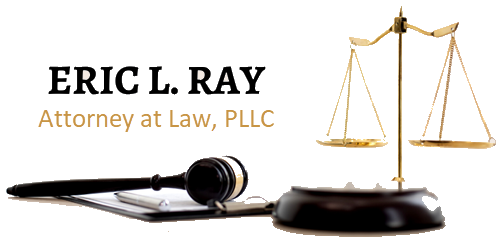If a lawyer lies to the Court, they can face punishment and potential disbarment by their state Bar association. Anytime someone suggests I could lie or misrepresent something, my simple response is “I worked very hard to get my law license and I am not risking it for any case.” What may surprise most people is that these suggestions generally do not come from clients, but more so people talking to me about what I do for a living. I cannot say that I have never had a client hint that maybe we can choose to omit something or make up something, but it is honestly very rare. What is more interesting to me is what people consider lying. Often, people will say “If you know your client is guilty, how can you lie and pretend they are innocent?”
Thankfully, my job at trial is not to prove my client is innocent, which would often be nearly impossible. I simply have to convince the jury that the prosecution does not have enough evidence to convince them beyond a reasonable doubt that my client is guilty. It is not a lie to point out what evidence the prosecution does not have and where their case does not make sense. This can be especially true when I have a client who would be guilty of what is called a “Lesser included offense.” An example would be if I had a client who was found with an ounce of marijuana on him and the police charged with him trafficking in marijuana.
Pointing out that the police did not find scales, baggies, a large sum of money, firearms, or have any controlled buys from my client is way to show the jury my client is not guilty of trafficking in marijuana. Having said that, even if I know my client is guilty, my job is to make sure the government does theirs, so I have to push back and call in to doubt where their case is weak. Our system is built on two sides arguing vigorously, so that the truth can be discovered. So, no I will not lie to the Court to help a client, but I will point out where the government has not met their burden.

Recent Comments